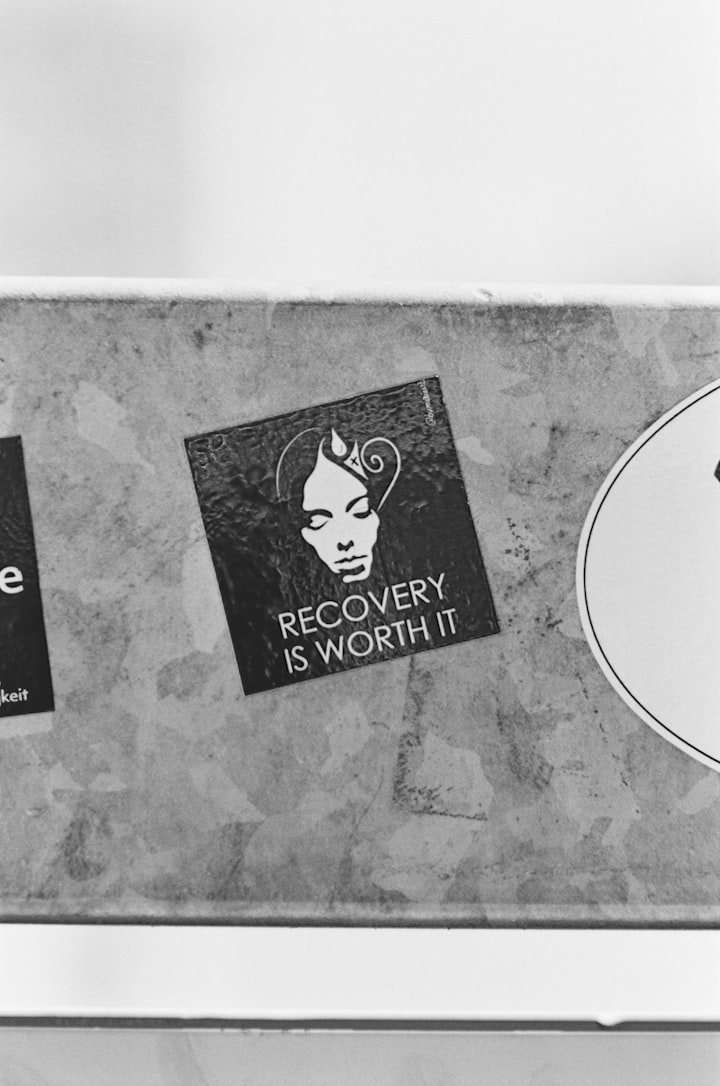
Depression is not only just feeling a decrease in mood or lack of energy, there are a number of different symptoms, including:
- Trouble with sleep such as sleeping too much or not enough
- Not showering as often as you usually do
- Difficulty accomplishing everyday tasks
- Trouble with concentration, attention, and memory
- Always feeling tired and fatigued even when you get enough sleep and food
- Having no motivation or inspiration to do anything at all, even things you usually like doing
- Having self-esteem issues, either worse than usual or at all, if that is rare for you
- Random crying spells whether they have a cause or not
- Sitting there staring into space with the knowledge of needing to complete certain tasks and blatantly not doing them
- Urges for self harm due to feelings of numbness or extremes in negative moods
- Intrusive thoughts revolving around dark topics such as suicide or death in general
- Etc.
IF YOU ARE FEELING URGES OF SELF HARM OR SUICIDE, PLEASE TELL SOMEONE OR CALL A HELP HOTLINE: 1-800-273-8255
So, if you are relating to most of the symptoms I listed above, what can you do about it?
Specifically for winter depression, there are light therapy devices you can purchase to help with the lack of sunlight and Vitamin D. Vitamin D is deficient in too many people, especially in the winter. It helps with mood so when we are deficient, there is a deficiency in our moods. Vitamin D supplements can help a great deal, I know personally I can say that I have seen quite a difference in my S.A.D when I take my Vitamin D-3, specifically two tablets of 1,000U daily. If I forget to take it, I can tell. I always know when I haven't taken it or haven't taken enough of it.
Therapy! You do not need to be broken or have a damaged childhood and/or life in order to go to therapy. If you have changes in mood or have a suspicion that you may have a mental health issue, start with your primary care physician. Most of the time, they will throw a prescription at you, which by no means am I saying will not help you because they very well might, and if so, please do try them! I have been taking anti-depressants for years and it has transformed my life, but you know what else has transformed my life? Therapy! Ask them for a recommendation for someone near you that takes your insurance. You do not always need to see a Psychologist or Psychiatrist—a certified councilor will be just as good. Even if you just go for a couple of sessions to get tips from a professional on handling symptoms or to see one an as needed or situational basis, that is going to be beneficial for you. Talking things out helps more than you think, even if it's to an unbiased stranger. I promise!
Practice self care religiously. Self care is not selfish, it is one of the most selfless things you can do because, if you don't take care of yourself first, the other people and things in your life will not be paid attention to in the way you intend. Take a bath, read a book, write in a journal, have a cup of tea, drink enough water, watch your favorite movie, do some meditation, the list goes on with things that you can do in order to take care of your mental health. Doing these things may not get rid of your symptoms, but I guarantee that they will help at least a little bit.
Something that I learned from my therapist is to personalize your illness. This helped a great deal with my anxiety disorders. All you need to do is talk down to it. If you are feeling lazy due to fatigue and you don't know why, it's probably your depression, in which case you can say something like, "I know you are trying to keep me from getting things done, but it doesn't matter how exhausted I feel, I am going to push through it and get stuff done anyway." Now, you can't just say these types of things and expect it to ease off of you, you have to do the work. Push yourself to do the things that you are finding difficulty doing due to the fatigue and hopelessness. Keep forcing it, fake it till you make it, and practice telling your intrusive thoughts, "No! You will not affect me today!" Show them who's boss!
I could probably go on, but this is just a brief educational post about what seasonal depression is and things you can do to combat it if you are, in fact, dealing with this. Above all else, love yourself, believe in yourself, and take care of yourself. Things will get better, just KEEP GOING.






Comments
There are no comments for this story
Be the first to respond and start the conversation.